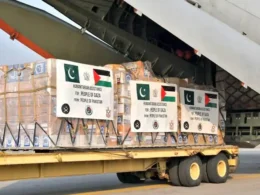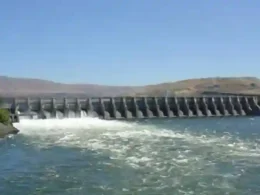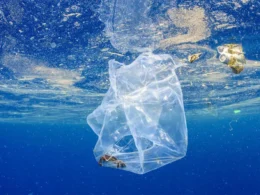The International Monetary Fund (IMF) has projected stronger economic growth in the Middle East, North Africa, and Pakistan post 2025, but warned of global uncertainties that demand far reaching policy reforms.
Speaking at the Sustainable Development Policy Institute (SDPI) in Islamabad, Benichi, IMF’s representative for the region, outlined key economic and climate reform agendas, emphasizing Pakistan’s progress under IMF supported programs.
He noted that Pakistan’s performance under the Extended Fund Facility (EFF) has been “strong so far,” adding that the successful first review by the IMF Executive Board in May 2025 marked a significant milestone.
Benichi stressed that structural reforms particularly in tax equity, the business environment, and private-sector investment are vital for long-term sustainability.
On climate reforms, he praised Pakistan’s efforts under the Resilience and Sustainability Facility (RSF), which aims to strengthen climate risk management and meet international climate commitments.
Key RSF goals include better public investment planning, sustainable water use, improved disaster preparedness, and increased transparency in climate data.
“Cooperation through the RSF will not only strengthen Pakistan’s climate resistance but will also mobilize green investment and promote a more environmentally friendly economic direction,” Benichi emphasized.
SDPI Executive Director Dr. Abid Qayyum Suleri welcomed the IMF’s engagement and stressed the importance of multilateral cooperation in Pakistan’s development.
The event concluded with a discussion on the role of international organizations in supporting economic resilience and inclusive development.












